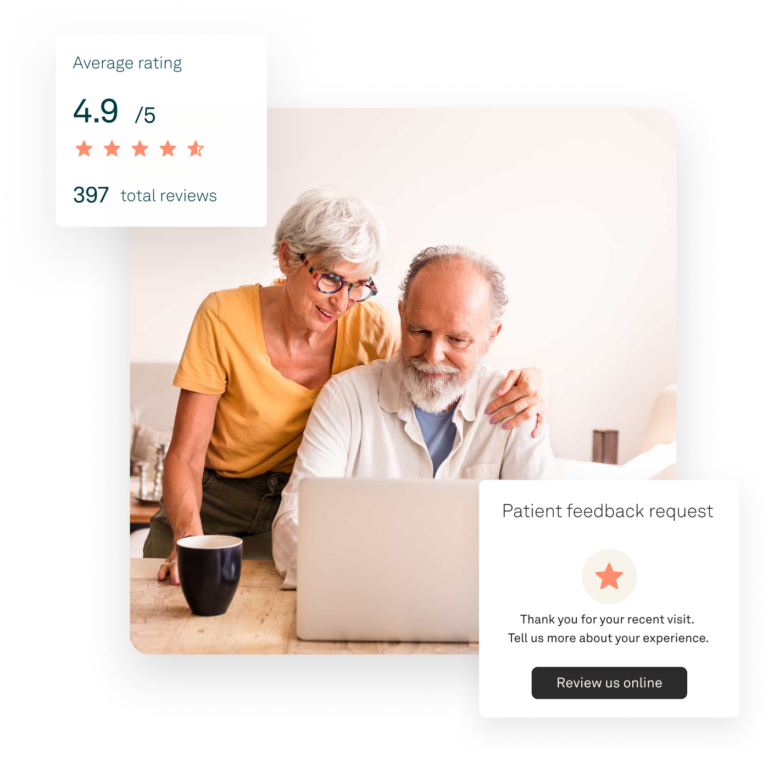Grow your practice — not your workload
Establish your online presence, gain more exposure, and create HIPAA-compliant connections with the right patients. You don’t need a marketing degree, you just need Tebra.

Built for your independent practice, not for hospitals
Our team of doctors crafted Tebra with small practices in mind. You have specific challenges, we have specific solutions.
The support you need, when you need it
Onboarding, training, and expert support to get — and keep — you up and running.
Begin your journey today
Intuitive, easy to use, and cloud-based — no technical knowledge required.





Get ready for growth

Start with a website

Own your profiles

Manage your reputation

Reach new patients
ALL-IN-ONE SOLUTION
Excited about better practice growth?
There's even more to discover.
Streamline your healthcare operations and unlock your potential with Tebra's Complete Operating System.
Get demoPractice Growth
Grow your presence, attract more patients, and optimize for a digital world
Patient Experience
Combine exceptional care with exceptional patient experience
Care Delivery
Increase time with patients, reduce documentation time, and maximize reimbursements
Billing & Payments
Collect faster and at higher rates
Data & Insights
Uncover opportunities for business growth and transformation



